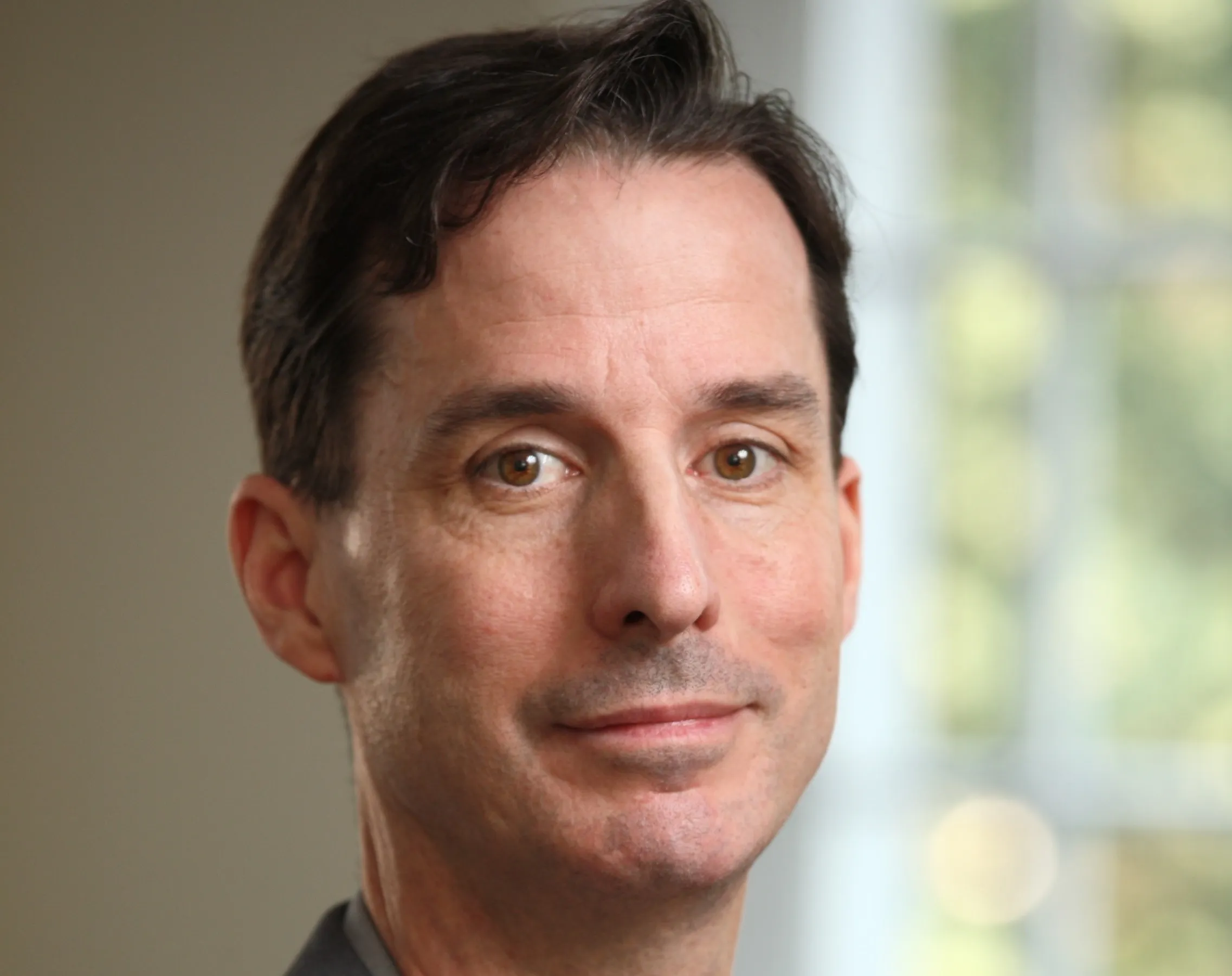
It's vital to make a distinction between the philosophy of transport and technology, insists Peter Norton, associate professor of history in the Department of Engineering and Society at the University of Virginia.
"You can’t skip the philosophy part and go straight to the technology part; that would be like if a physician skipped the diagnosis and went straight to the prescription, which would be disaster,” he says.
In a wide-ranging interview in ITS International, Norton suggests it is possible to reverse the 'transport triangle' - which currently has cars at the top and pedestrians at the bottom, he says - in favour of active travel.
“So right at the top is the automobile, and we know it’s at the top because that’s where the public resources go. And then at the very bottom is walkability - a reversal of the triangle of a century ago when automobiles first flooded American city streets. The right of the pedestrian to walk was regarded as essential and everything else had to work around that. If we can reverse the triangle as we did a century ago, we can reverse it back. And in fact, we can use some of the same techniques.”
Norton, the author of Autonorama, points out: “In most of America, driving is a practical necessity every day for most people – and that’s an environment without choice. Often that is misrepresented as the product of choice, but of course we have no idea what people prefer unless they have good alternatives to choose from.”
Even when there are good alternatives, he says, “it remains difficult once we’ve inherited a mental model in which driving is normal and expected”.
Click here to read the full interview.
The July/August 2022 edition of ITS International is out now.










